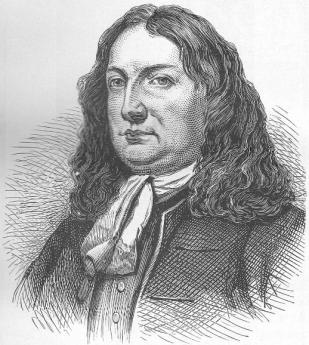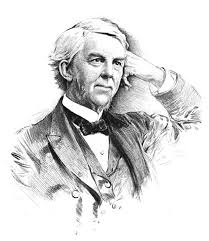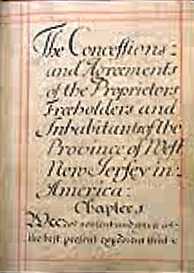Related Topics
Quakers: William Penn
Although Ben Franklin gets more ink lately, William Penn deserves at least equal rank among the most remarkable men who ever lived.
Robert H.Bork Upsets A Century of Antitrust Law
According to the late Robert H. Bork, it ought to be fairly easy to identify price-fixing, because legitimate cases that harm the consumer by price manipulation aren't common, or may not even exist. With this, Bork convinced the judiciary to abandon a century of contrary belief while still a young law professor, thus establishing his own reputation with Ronald Reagan. He was appointed Solicitor General by Richard Nixon, unfortunately thus embroiling himself in Nixon's impeachment.
William Penn, Justice Holmes, and the Inner Light

|
| William Penn |
WILLIAM Penn and Oliver Wendell Holmes, both lawyers, can be imagined debating fiercely across two centuries, about The Inner Light. Holmes famously stated his position at the opening of his book The Common Law : "The life of the law has not been logic, it has been experience." Penn, on the other hand, urged his Quaker followers to strip away centuries of books, teaching, and traditions, viewing in quiet contemplation their individual Light Within. Since the other central Quaker belief is that "there is that of God in every man", the implication is that it is open to everyone to know the right behavior by thinking hard enough about it. No books, preachers, ceremonies needed, and in fact, such tokens of society's experience can be badly misleading. Penn did not forcefully pursue how much of the outcome came directly from God and how much was then elaborated by logic; his point was the truth is most readily discovered by contemplation, uncluttered by the world's discussion.

|
| Oliver Wendell Holmes |
That Penn would have acknowledged some truth to Holmes' position can be surmised from the struggle he had with the argument that solitary contemplation cannot lead to an organized moral code of behavior within a society. The example of his time was the Hippie generation, is a more familiar example. What is to prevent a society which depends on silent introspection from concluding that monogamy,personal Hygiene,, and recreational drug avoidance are useless intrusions into the joy of personal freedom? Responses having to do with sexually transmitted disease, harm to the education and welfare of unparented children, disagreeable responses to the undesirable body odors of others, and the spread of addiction by example to those who wish to minimize unnecessary temptations, are all examples of hostility by others who may not have achieved equal illumination from their inner lights. Over centuries of observed experience, societies have reached comparatively similar views on what behavior should be prohibited by force, or discouraged by social pressure. Societies which reach these conclusions may hold themselves open to discussion, but often assert a right to punish those who violate the codes without offering plausible arguments beyond merely mystical ones, closed to debate.
Penn's response to such critiques was of the nature of insisting that Quakers obey the law unless the law insists on behavior prohibited by their religion. Within the realm of unwritten societal pressures, Penn was more relaxed. Sometimes he urged bizarre behavior having to do with hats and clothing, as a silent reproach to society on some issue, but in general, he urged that Quakers consider themselves Protestant Christians as a general guide to behavior. A century after he died, most Quakers were abandoning plain dress and plain speech as not plain at all, but ostentatious. Pointless and therefore ostentatious eccentricity could be harmful to the occasional truly important witness about such things as conscientious objection to war. If the considered purpose is to be taken seriously, eccentric behavior about trivial issues is to be avoided.
Originally published: Friday, July 10, 2009; most-recently modified: Wednesday, July 10, 2019
